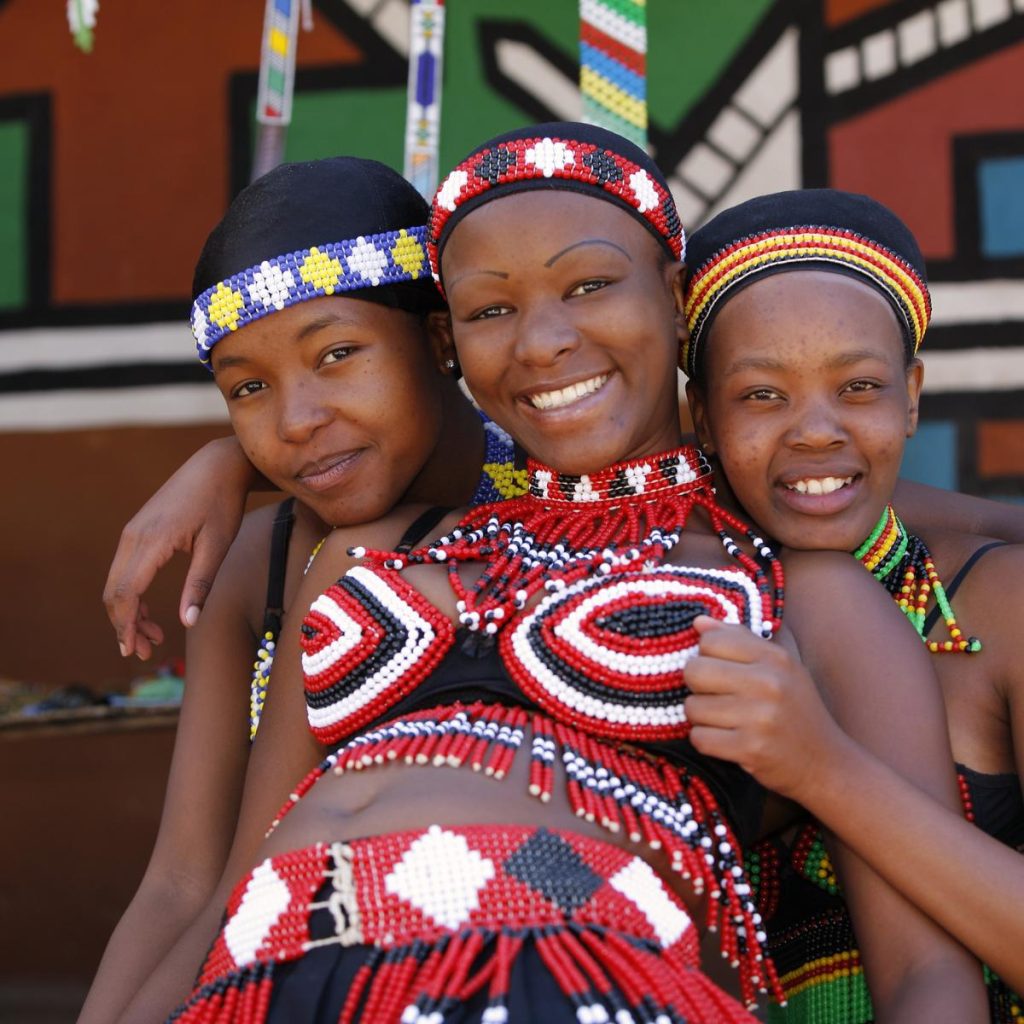If you’re an explorer at heart, then you know there are so many hidden gems in Africa. Lush landscapes, bustling cities, and wondrous views abound. But how do you get to experience all of these? Since we’re basically extended family, it should be seamless hopping from country to country, right? Unfortunately, not quite. Different countries have their different quirks, and some are more easily accessible than others. Because we’re the best, we spoke to two seasoned Nigerian travellers who have visited 5 countries (Côte d’Ivoire, Angola, Uganda, Kenya, and Egypt) across the different zones of Africa to create a guide for you.
Visas, SIM cards, and the gospel of Booking.com:
Before you even pack a box, know this: African travel will humble you if you don’t do your homework. Luckily, our two pro travellers broke it down:

Côte d’Ivoire was praised as the easiest destination, with no visa needed for Nigerians (shout out to ECOWAS). Angola and Uganda also scored points for their chill e-visa systems. Kenya’s e-visa is fast and relatively cheap (around $50), and you’ll get it in about two days. Egypt said, “not so fast.” If you’re Nigerian, forget about applying online like other nationalities. You either:
A. Go through a travel agent and pay ₦450–₦500k for an “OK to Board” letter plus a visa-on-arrival at Cairo airport (which was their recommended approach), or
B. Fly to Abuja and navigate a maze of embassy requirements, including invitation letters, medical checks, the whole nine yards. And then still pay $100.
Once you’re in, though, life gets easier. Both people we spoke to swore by Booking.com for hotels, airport pickups, and just general stress reduction. And the very first thing you should do in any country? Buy a local SIM at the airport and load data like your life depends on it (because it kind of does, for Google Maps, ride-hailing apps, food delivery, and translation).

Finding familiarity on foreign soil:
They both agreed that Côte d’Ivoire didn’t just feel welcoming, it felt familiar. “There were so many Yoruba people in Abidjan, I almost forgot I wasn’t in Lagos,” one person said. From the cab ride out of the airport (driven by a Yoruba man who later became their plug for the whole trip) to shopping in the local markets, it was giving home away from home, except for a language barrier, as it is a Francophone country.
Meanwhile, Uganda served as another unexpected comfort zone. With its chaotic markets, narrow roads, okadas (hello, Safeboda!), and friendly locals, it felt similar to Lagos or Ibadan, in the best way.
Culture shocks: From bland food to chain-smoking CEOs
If there’s one thing Nigerians notice fast, it’s food. Our travellers are no different. “East Africans don’t mess with pepper like we do,” one traveller said, almost mournfully. If you’re the kind who carries hot sauce in your handbag, pack accordingly. Kenyan dishes in particular were described as “surprisingly mild, almost bland.”
But nothing prepared them for Egypt. “They smoke everywhere. I’m talking indoors, boardrooms, breakfast meetings,” one person said. “Even in a formal 8 a.m. meeting, someone will just light up.”
Also, do not casually say you need “drugs” for malaria. While that’s normal terminology in Nigeria, that kind of sentence can get you side-eyed abroad by people who think you’re a wannabe Escobar. Just say “medication.”

Getting around: Patience and planning required
Côte d’Ivoire and Egypt scored high for polite and patient Uber drivers, “not like our Lagos uncles who fight traffic and passengers at the same time.” Even Angola’s ride-hailing scene was relatively smooth. Kenya’s Uber and local apps were reliable, and most drivers spoke English. But in places like Abidjan or Cairo, Google Translate will be your best friend.
Accommodation ranged from beautiful Airbnbs in Nairobi to hotel gems in Kampala. Just always remember to filter for “pay on arrival” on Booking.com in case your plans change last-minute.
Extra tidbits they shared:
- Get a Yellow Card. Yes, the vaccine one. Some countries won’t even let you in without it.
- Don’t change money at the airport. Walk into a Radisson or any other high-end hotel with your dollars or euros. They’ll likely have an ATM or better rates.
- Local guide > Google. Find a trusted local (via a friend, a plug, or your hotel). They’ll help with translation, avoid tourist traps, and might even haggle for you.
- Experience the nightlife. A lot of cities come alive at night. Try a lounge, a club, or even a casual walk through a busy street. It’ll show you a whole new side of the place.
- Want to visit tourist-y sites? Get a guide. You’ll enjoy it more, and they’ll stop people from ripping you off when you want to buy souvenirs.
In summary, our travellers advise you to travel light, but not clueless. Do your research, pack your pepper, get your SIM, and hold your passport tight. And if you find yourself haggling in a market in Kampala or eating jollof with a Yoruba man in Abidjan, don’t be surprised. Most importantly, follow who know road.




